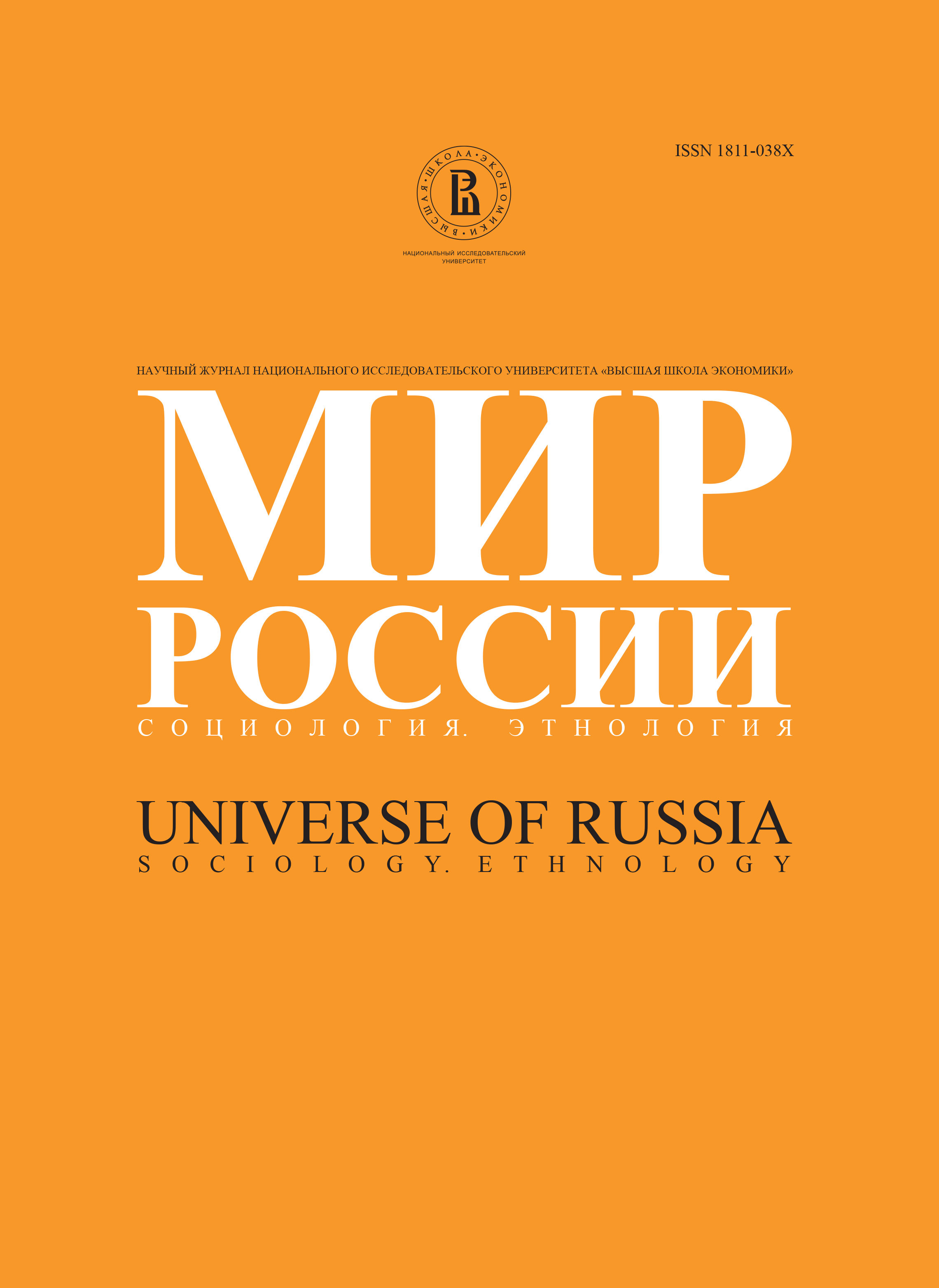Looking Backwards, Looking Forwards: Communist Nostalgia and its Consequences in Russia, Belarus and Ukraine
Abstract
Russian’ survey of 2005 was conducted under the auspices of Russian Research. Fieldwork took place between 23 March and 20 April 2005. The number of respondents was 2000, selected according to the agency’s normal sampling procedures; it was representative of the population aged 18 and over, using a multistage proportional method with a random route method of selecting households. Interviews were conducted face to face in respondents’ homes. The sample was then weighted in accordance with sex, age and education in each region. The agency’s standard procedures were employed to check the completion of questionnaires and the logical consistency of the data. Our 1993 survey was conducted by ROMIR between November 1993 and January 1994 (n=2141) with the financial support of the Economic and Social Research Council under grant R233538 to William L. Miller, Stephen White and Paul Heywood; a full account appears in Miller et al. (1998).In Belarus, our 2006 survey was conducted by the Centre for Sociological and Political Research of the Belarusian State University between 5 and 19 June 2006, n=1000, drawn from 57 different settlements. Respondents were interviewed face to face in their homes, and 12 per cent of interviews were checked by a second visit. The sample was designed on the basis of the 2005 Belarusian statistical yearbook, and then weighted by gender, age, education and place of residence. Our 2006 survey in Ukraine was conducted by Russian Research on similar principles between 24 April and 12 May 2006, n=1600. There were 385 sampling points and 163 interviewers with an average number of interviews in each case of 10; 20 per cent of the interviews were randomly selected for verification. Our 2005 Russian survey has been deposited with the UK Data Archive, where the data files and documentation may be consulted; our 2006 surveys will be deposited in the same repository.
Overall, we find that communist nostalgia matters. Most Russians (but not most Belarusians or Ukrainians) regret the demise of the USSR, without necessarily wishing to return to it. President Putin has himself described the collapse of the USSR as the ‘greatest geopolitical catastrophe of the twentieth century’ (Rossiiskaya gazeta 26 Apr 2005: 4), and surveys have found a consistently positive view of the USSR in retrospect, and of a closer degree of integration in the future. Belarusians and Ukrainians are less concerned about the demise of the USSR (it was obviously incompatible with the independence they had obtained in 1991), and less likely to support the formation of a unitary state of CIS member countries, but they strongly supported a closer degree of cooperation; very few, in any case, thought the CIS should be dissolved. Generally, it was a ‘more democratic Soviet system’ that was the most strongly supported form of government across the three countries, but a broadly market-based economy had more support than a command economy of the traditional kind. This was a differentiated, not a simple view of the communist legacy.
But wherever the mass public offered support to the Soviet state and the economic and political principles on which it had been based, those who regretted the demise of the USSR were even more likely to do so. More than could be explained by random variation, they were more likely than other respondents to favour the restoration of a wholly Soviet system of government, more likely to favour a Soviet-type economy, and more likely (almost by definition) to support the formation of a unitary state on the basis of the CIS member countries. Regretting the demise of the USSR also made a strong contribution, all other things being equal, to the patterns of electoral support that were apparent at the 2003 Russian and 2006 Ukrainian parliamentary elections. Nostalgics were much more likely to support parties of the left, or at least those that favoured public ownership, a Soviet or at least ‘more democratic Soviet’ system of government, and a closer association among the former Soviet republics; they were much less likely to support the parties that favoured a ‘civilised divorce’, a wholly market economy, and Western-style democracy.
‘Communist nostalgia’, at the same time, had to be disaggregated. There were very different views about the restoration of a unitary state in Russia and in Belarus and Ukraine, where it was incompatible with their newly acquired independence. There was support for a ‘more democratic Soviet’ system of government, but at the same time for the principles of the market economy. In the Baltic republics there were particularly low levels of nostalgia for the days of the USSR, but relatively high levels of support for a ‘strong man’ who would govern without much reference to elected institutions. Not many, in the postcommunist or indeed in the late Soviet period, wanted a single party that exercised a political monopoly, or restrictions on what they could say. But there was a much larger constituency for full employment, low prices, comprehensive social welfare, and a state that took direct responsibility for economic management. In none of these three countries had there been a widely supported movement for the overthrow of Soviet rule; in each of them there was considerable support, in retrospect, for many of the principles on which it had been based; and attitudes of this kind had a substantial influence on the choices that were made when elections offered an opportunity to express a view about the future direction of national policy.






